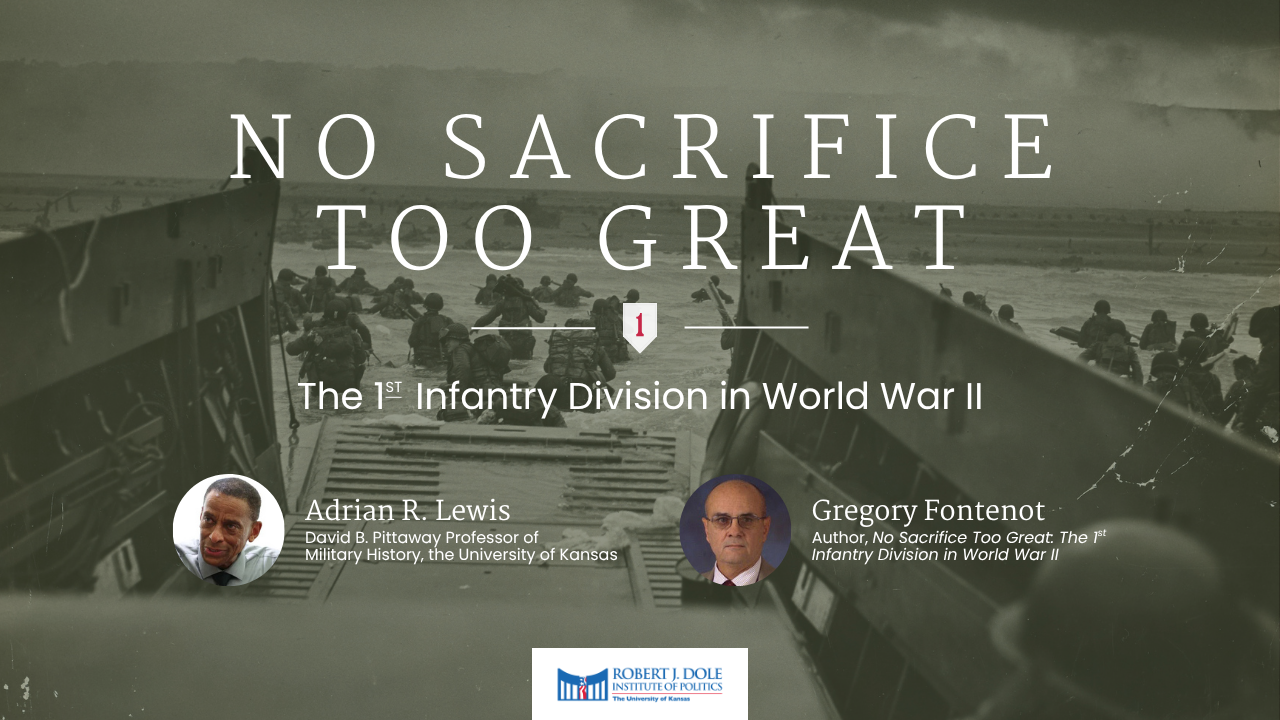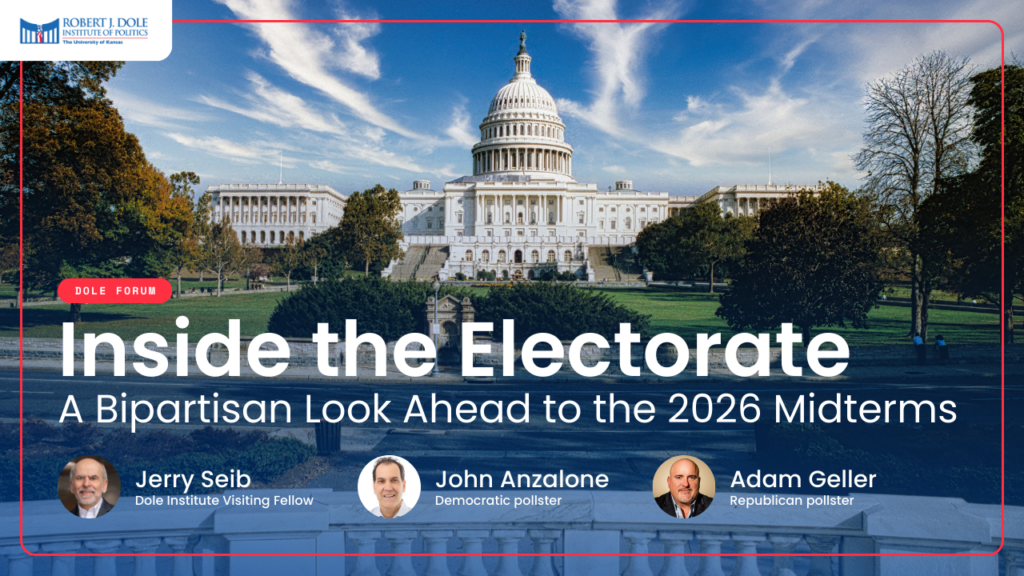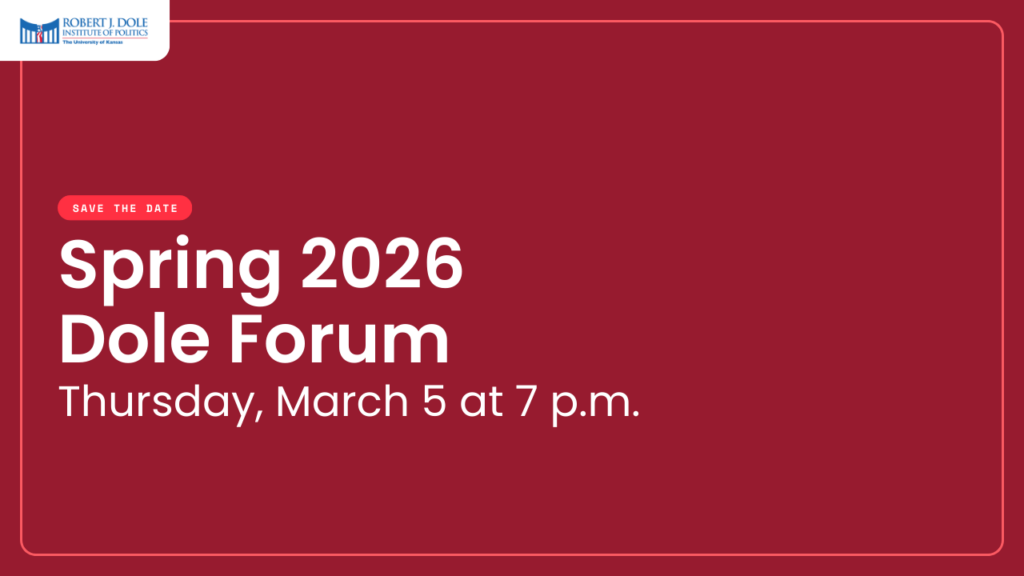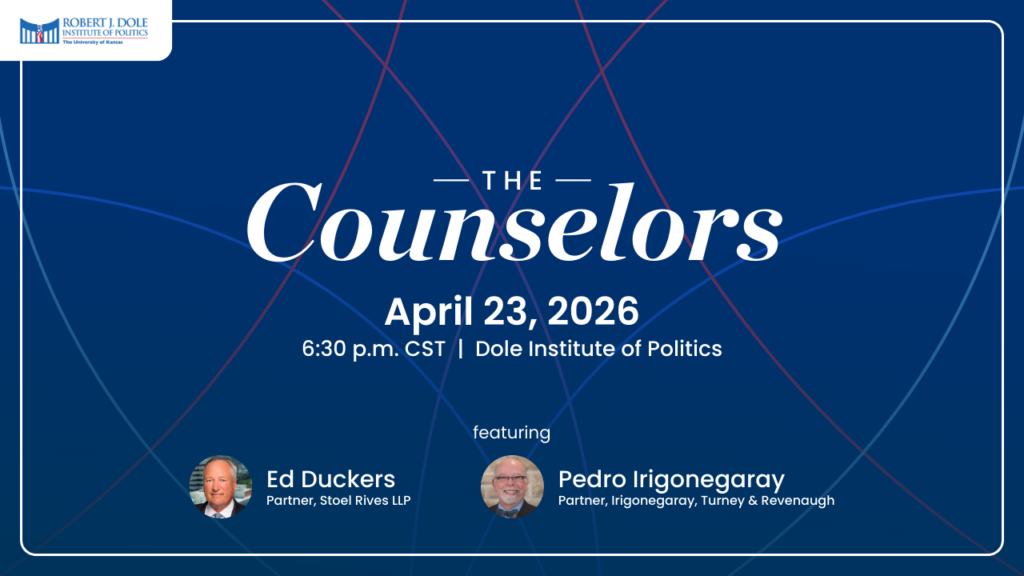
- This event has passed.
No Sacrifice Too Great: The 1st Infantry Division in World War II
June 6, 2025 @ 2:00 pm - 3:30 pm

From their landing on Omaha Beach during Operation Overlord to the fierce battles in the Battle of the Bulge, the U.S. Army’s 1st Infantry Division – currently stationed at Fort Riley, KS, and known as the Big Red One – continuously adapted to the evolving battlefield conditions throughout Europe in World War II.
As the world reflects on the 81st anniversary of D-Day, retired U.S. Army Colonel Gregory Fontenot, author of No Sacrifice Too Great: The 1st Infantry Division in World War II, will join retired U.S. Army Ranger and University of Kansas Professor Adrian R. Lewis to discuss the Division’s WWII history, highlighting the experiences and stories of individual members of the Big Red One.
Adrian R. Lewis is the David B. Pittaway Professor of Military History at the University of Kansas, Lawrence. He has extensively researched and written on war, military affairs, and the U.S. Armed Forces, teaching courses on World War II, the Cold War, the Korean War, the Vietnam War, and recent military operations. His notable publications include The American Culture of War and Omaha Beach: A Flawed Victory. Prof. Lewis has taught at prestigious institutions like the U.S. Military Academy and the University of California, Berkeley. He earned degrees from UC Berkeley, the University of Michigan, Southern Illinois University, and the University of Chicago. A retired soldier, he served in various infantry divisions and has experience in Korea, Alaska, Panama, and Germany.
Gregory Fontenot is a retired Colonel of the U.S. Army. He is currently a consultant on threat emulation for Army experimentation and a working historian. He was lead author of On Point: The US Army in Operation Iraqi Freedom published by Command General and Staff College Press and is the author of The 1st Infantry Division and the US Army Transformed: Road to Victory in Desert Storm, 1970–1991, winner of the 2017 Army Historical Foundation award for Unit History, as well as Loss and Redemption at St. Vith: The 7th Armored Division in the Battle of the Bulge.


